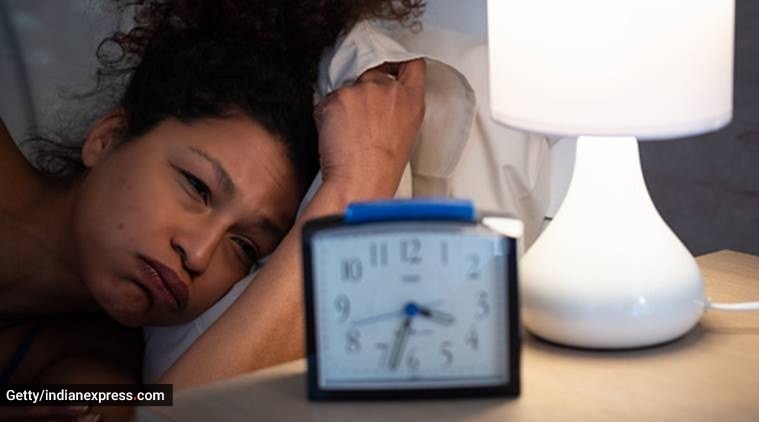March 19 this year will be celebrated across the globe as World Sleep Day. The annual event is a celebration of one of the most important parts of our daily routines. World Sleep Day is organised by the World Sleep Day Committee of the World Sleep Society and the aim of the day is also to create awareness around sleep-related issues and the prevention and management of sleep disorders.
While the occasion marks a date every year where sleep disorders and how to prevent them are brought to light, It is important for humans to maintain a healthy sleep cycle on a daily basis. A good sleep of 6-8 hours is crucial to the body and its maximum functionality. However, we often lose track of our decreasing sleep times as our lives continue to be taken over by studies, work, and play.
To make sure you maintain a healthy sleep cycle, here are seven apps that will help you get the right amount of shut-eye.
Calm
Calm is a meditation app that you can use right before going to bed. Like most apps on this list, Calm will help you go to sleep faster with sleep stories, soothing music, and even guided lessons on gentle movements that relax the body. The free version of the app should help most people out when going to bed and even tackling issues like anxiety. However, users can also subscribe to engage with some paid content.
Headspace
Headspace is all about meditation and using meditation techniques to calm your mind. Apart from sleep sounds that help you rest well, the app also features multiple courses all based on topics around living mindfully and others. The app also has some neat tricks like manipulating the speaker’s voice to be louder or softer than the background ambient sounds. A free version of the app will provide you a limited number of sessions per day, but you can always go premium and get unlimited access to content.
Relax melodies
Relax Melodies, as the name suggests is an app that can play various sounds to help you go to sleep, and maintain a good sleep as well. You can program the app to play music all night or to shut down after a period of time. The number of sleep sounds you get here is limited when you’re using the free version. However, there’s another catch – you cannot use another app when Relax Melodies is in action. This, however, may actually be a good thing and minimize distractions so you can sleep faster.
Noisli
Noisli also provides you with relaxing sounds. However, its biggest feature is the ability to customise your sounds as per your taste and ambience to create your own soundscape. Noisli can be used for anything from drowning out annoying sounds when you’re trying to work, to set the perfect sleep-inducing stage for you at night. A free version gets you 16 sounds and 15 hours of streaming a day, while a paid version gets you 28 sounds, no limit on streaming, and some more features.
Sleep Cycle
Sleep Cycle is an app that helps you monitor your sleep time and patterns. The app also has some great features up its sleeve, including monitoring your sleep in real-time by analysing the sounds you make via your phone. This can then be used to wake you up when your body is in its lightest phase of sleep, therefore, allowing you to wake up feeling fresher. You can also set an approximate alarm so the app does not wake you up too late. Premium features include information on how the weather affects your sleep, and the ability to take sleep notes, among other features.
Bonus
Did you know your Apple Watch can natively track sleep?
Sleep tracking can be much more accurate and insightful with the help of a wearable like the Apple Watch. The Apple Watch lets you create a schedule and a bedtime routine to help you reach your sleep numbers. The Apple Health app also helps you track your sleep. When you have gotten enough sleep the Apple Watch haptic alarm feature can also wake you up silently, without disturbing the sleep of those around you.

 About 37 per cent experienced difficulty in falling asleep, 27 per cent in staying asleep while 39 per cent woke up during the night. (Source: gettyimages/file)
About 37 per cent experienced difficulty in falling asleep, 27 per cent in staying asleep while 39 per cent woke up during the night. (Source: gettyimages/file)